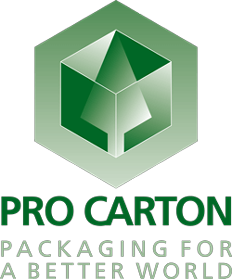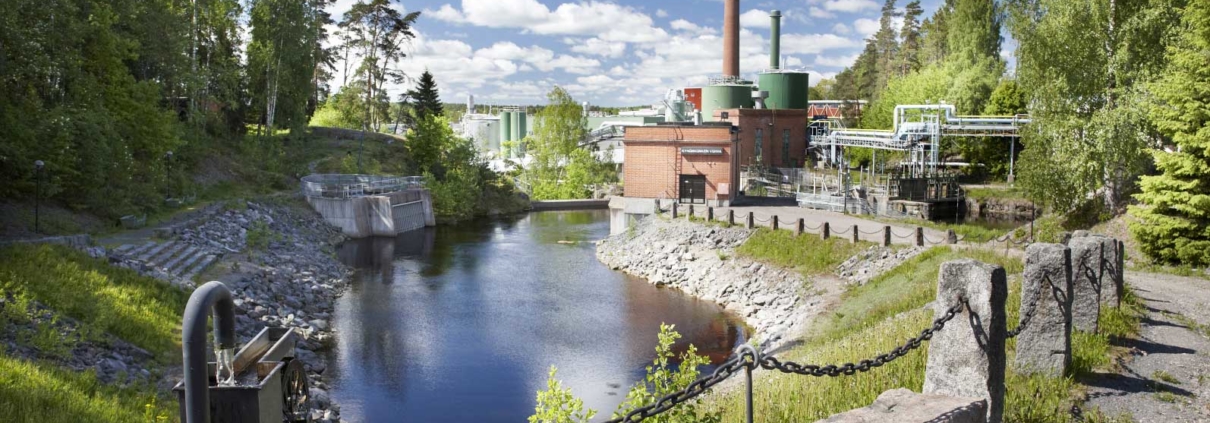Sustainable European paper and board industry
26 February 2014
Furthermore, the European industry continues its good record on its environmental performance in a number of key areas, including energy, recycling and water use.
The industry has become more self-sufficient in the use of energy. Today, 95.2% of electricity is produced on-site in paper mills using the energy-efficient combined heat and power method, and mills' energy consumption has fallen by 4.7% in the last two years. The consumption of biomass – based energy has increased in recent years, driven by the installation of new biomass boilers in mills, so that now 56% of the energy used is bio-energy. Using bio-based products replaces the use of fossil fuels. As a result, the industry has reduced its CO₂emissions per tonne of product by 43% since 1990.
The European pulp and paper industry also uses residues from papermaking to produce renewable energy and this transformation of residues into useful products is an important example of the operation of a circular economy – a key aim for the European Commission's policy makers.
Europe is the global paper recycling champion. In 2012, almost 58 million tonnes was recycled within Europe: an all time record. In percentage terms, 71.7% of paper was recycled in 2012 and in 2011, 81.3% of packaging paper and board was recycled.
The environmental credentials of cartons are underpinned by the use of cartonboard whose wood raw material comes from sustainably managed forests. In Europe, not only are they a renewable resource but new growth exceeds the wood harvested. Thus, Europe's forests have grown by 512,000 hectares from 2005-2010, and forests today are over 30% larger than in the 1950s. The paper and board industry cares for the forests and promotes the use of certification systems to demonstrate and maintain sustainable forest management.
Water is fundamental to pulp and paper manufacturing. In 2012, the pulp and paper industry within CEPI member countries, withdrew approximately 3.71 million cubic tonnes of water from surface and ground water sources, of which 92.3% was returned to surface water supplies cleaner than before.
The forest products industry uses large volumes of water, but as the percentage quoted above shows, only a small part of this water is "consumed" - which can be defined as water bound up in products and waste. Water that escapes from the production process is also considered to be consumed, but the huge amount remaining can be reused. The pulp, paper and board industry in Europe is truly European. 82% of raw materials are sourced in Europe from responsibly managed forests, from paper collected for recycling and from engaging with Europe-based mineral and chemical suppliers. No tropical rainforests are destroyed to produce paper and board, including cartonboard, in Europe. The cartonboard packaging industry is an integral part of this European resource-efficient, bio-based industry which takes care to safeguard the environment.
For further information about these topics and more on sustainability, resource efficiency and the cartonboard packaging industry, please visit the "Cartons & Sustainability" section of the Pro Carton website atwww.procarton.com. Also, a new topic has recently been added to this section which explores the new technologies which are changing the role of packaging in the digital world. The "New technology" site shows how intelligent packaging solutions are being achieved on sustainable cartonboard.




